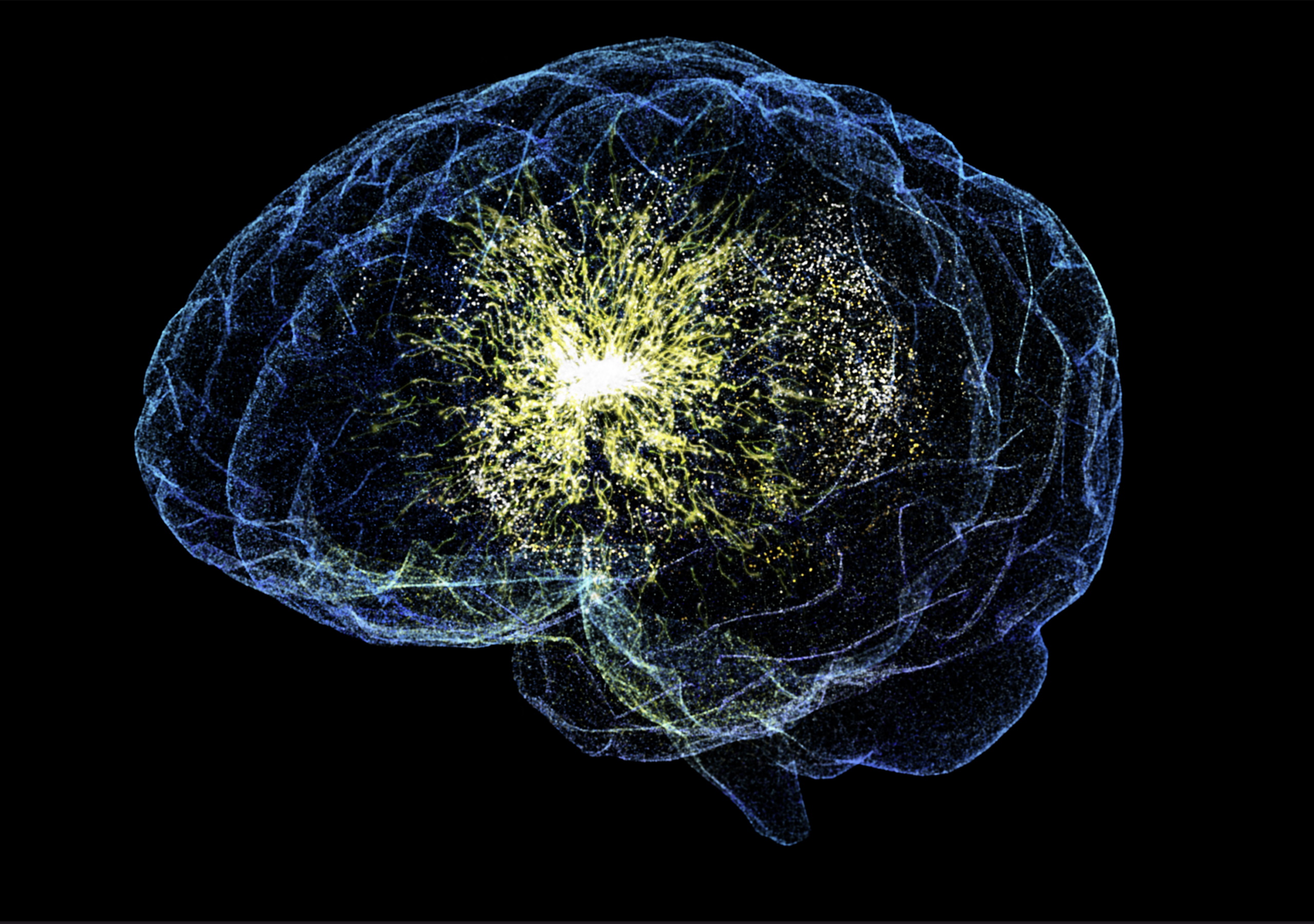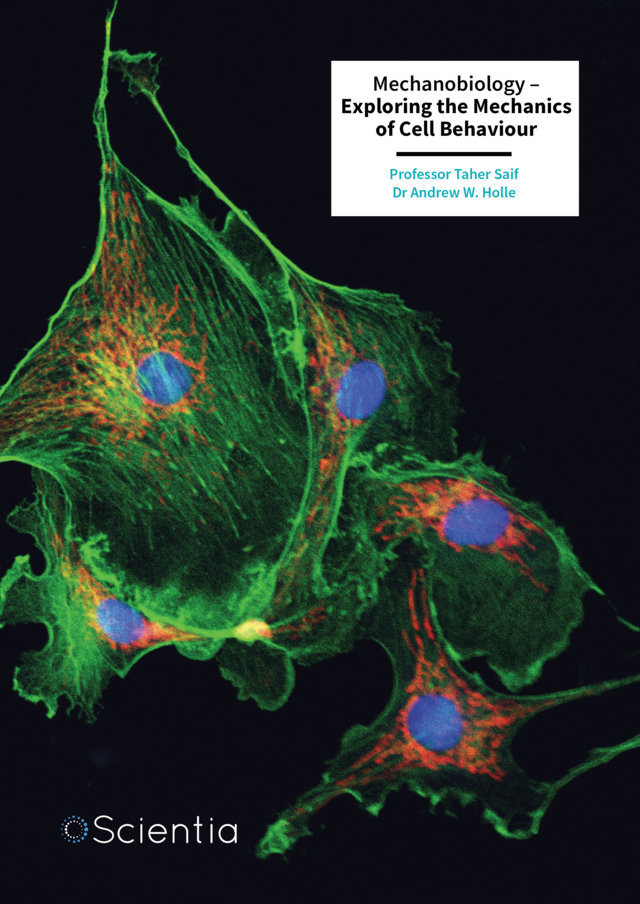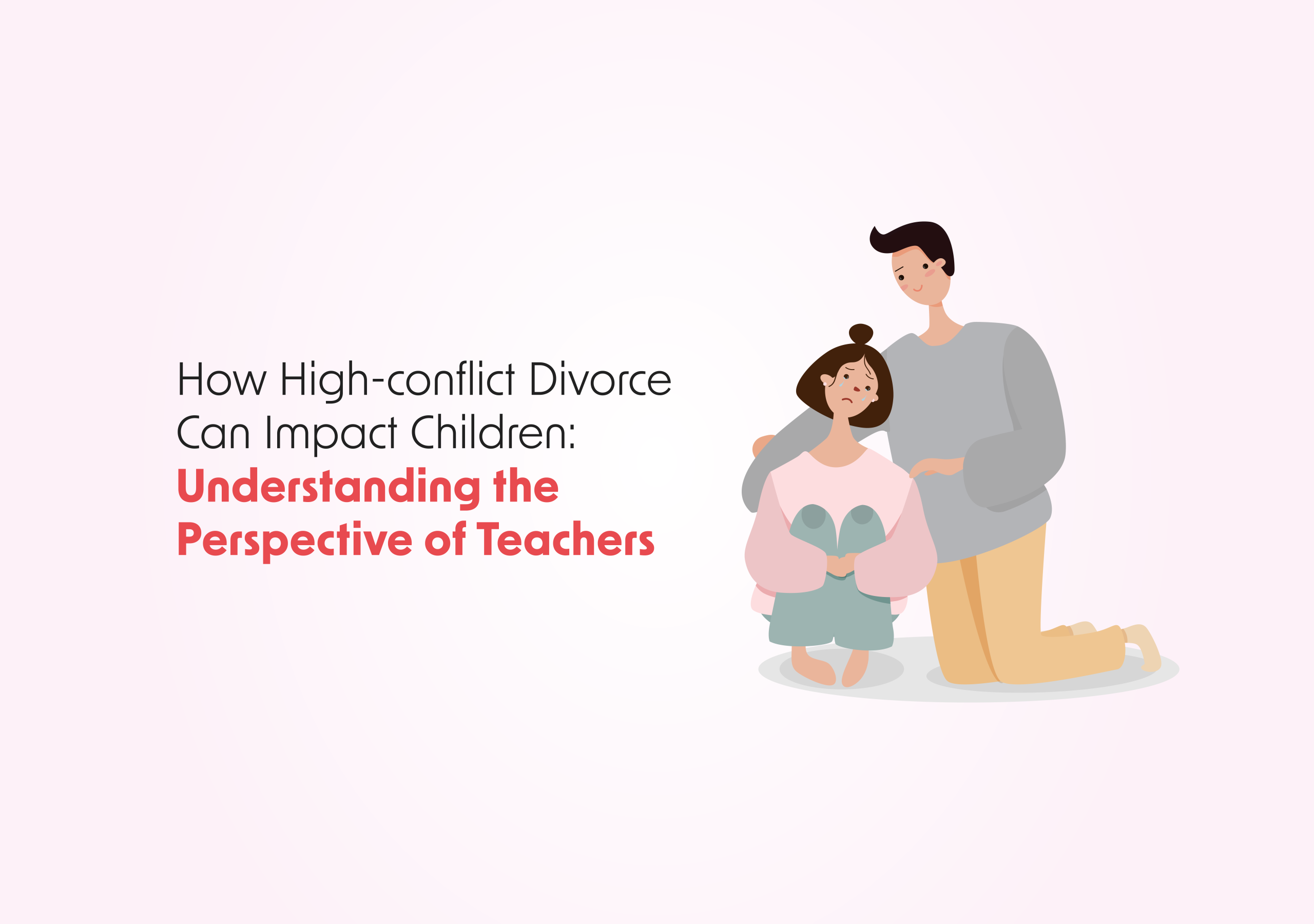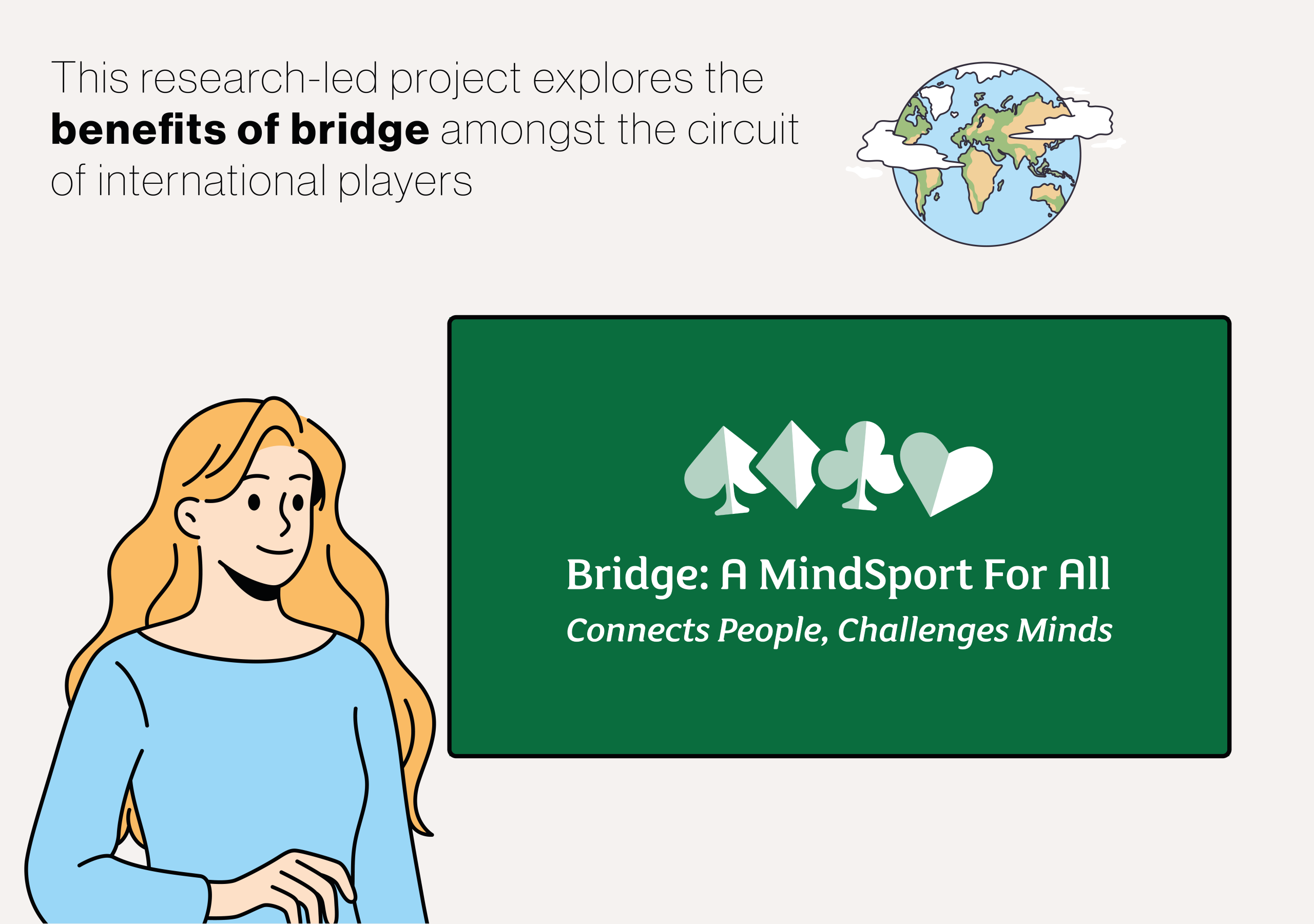In the Kimberley region of Western Australia, Indigenous First Australians are partnering with researchers and together they are pioneering a revolutionary approach to environmental planning and management, called ‘Caring for the River Country’. By blending ancient wisdom, Indigenous First Law and science with Western science, they’re reimagining our relationship with nature and offering a blueprint for global climate action. Professor Anne Poelina at the University of Notre Dame Australia argues that the key to our planet’s future may lie in Indigenous knowledge and wisdom, and ways of conceiving of our natural environment as kin. More
The Martuwarra, named the Fitzroy River by European settlers, flows through the Kimberley region of Western Australia, a landscape of profound and diverse spiritual cultural and ecological significance. For the Indigenous peoples of the lands and waters, the River is not merely a geographical feature, but a living ancestral serpent being and the source of law, spirituality, and identity.
This deep connection between people and place is at the heart of recent research by Indigenous scholar, Professor Poelina at the Nulungu Research Institute of the University of Notre Dame Australia. Professor Poelina and her colleagues argue that Indigenous wisdom and governance models are crucial for addressing climate change and achieving environmental and multi-species justice within a bio-region.
Professor Poelina is a Nyikina Warrwa woman who belongs to the Martuwarra; she begins her account with a personal history that reflects the strong storytelling culture of First Australians. Her story illustrates the complex and often painful relationship between Indigenous Australians and settler colonialism. She traces her ancestry through generations who survived massacres, displacement, and cultural suppression, yet maintained their connection to their land.
This history is not merely background, but fundamental to understanding the current challenges facing the Martuwarra and its people. Professor Poelina explains that, today, despite the profits made from their lands, and living waters many First Australians remain in intergenerational poverty. They have the highest suicide rate in the world and often live in extremely deprived fourth world conditions. Successive Australian governments continue to fail to ‘Close the Gap’ on their Indigenous disadvantage.
Today, Yi-Martuwarra people showcase the Fitzroy River as Australian National and Aboriginal Cultural Heritage, and it is of global value to the world. However, it faces threats from proposed large-scale development, including fracking and water extraction for agriculture. These plans, Professor Poelina argues, continue a long history of exploitation that has transformed the region from a world of peace, happiness and sharing, into a situation of incremental genocide. Globally, international organisations confirm it is Indigenous people who have contributed the least to climate change yet are impacted the most. To protect these global assets, sustain humanity and the planet Mother Earth, Indigenous Martuwarra people need serious investment.
Central to the Indigenous perspective on these issues is the concept of First Law, or Warloongarriy Law in the context of Martuwarra. This law, passed down through generations, governs the relationship between people and Country. It is not merely a set of rules, but a holistic system that encompasses spirituality, values, ethics, virtues and sustainable management practices, through self-regulation.
The researchers introduce the concept of Bookarrakarra, an Indigenous philosophy that fuses past, present, and future. To learn from history to plan for the future but to do these actions in the present moment of time. This perspective challenges linear Western notions of time and progress, offering a more holistic view of environmental stewardship. As Professor Poelina explains, “Bookarrarra means the past, the present and the future, fused into this moment in time in which we as human beings need to be able to respond and act to protect our land, living waters and heritage and non-human kin.”
Poelina and her colleagues argue that Yi-Martuwarra people continue to have their own laws and customs for managing their River Country, based on the ideas of First Law and Bookarrakarra. Therefore, these frameworks should be recognized and incorporated into contemporary governance and environmental management. They state that Indigenous knowledge, wisdom and customary contemporary practices contribute to climate science by offering observations and interpretations at a much finer spatial scale and greater temporal depth to complement the work of climate scientists.
In response to the threats facing the Martuwarra, local Indigenous elders and young leaders from 9 nations have come together to form the Martuwarra Fitzroy River Council. Established in 2018, this alliance of Traditional Owners aims to maintain the legal, spiritual, cultural, and environmental stewardship of the catchment. The Council’s work is grounded in a contemporary model of First Law and a guardianship system of rights, responsibilities, and obligations.
A key document in this effort is the Fitzroy River Declaration, developed in 2016. This declaration, described by legal scholars as “groundbreaking,” is Australia’s first negotiated instrument recognizing an ecosystem as a living being while incorporating Indigenous law. It sets out a vision for collaborative management of the River, balancing sustainable lifeways, conservation and regeneration science with sustainable new economies; Professor Poelina calls this approach the ‘forever economies’, or the economics of wellbeing.
This involves not simply environmental policy, but a fundamental reconsideration of legal, economic, and social systems. Yi-Martuwarra people believe that human and non-human beings have an equal right to life. They see humans as part of nature, not separate from or dominant over it. This worldview recognizes the interconnectedness of all living things and challenges the dominant Western paradigm of nature as a resource to be exploited.
Looking to the future, the researchers call for a “new Dream” that respects Indigenous rights and knowledge while addressing global environmental challenges. They argue for a shift from exploitative, short-term thinking to an approach grounded in reciprocity, respect, and long-term sustainability. While rooted in local Indigenous knowledge, this Dream has global implications, both inspiring and beautiful. It is exactly what we need in the age of rationalism that gives a price to everything but fails to value what is priceless. It offers a model of addressing climate change worldwide which emphasises intergenerational equity and the responsibility we have to future generations to ensure they inherit a healthy, thriving environment.
The researchers argue that an approach like this, which combines traditional knowledge with contemporary science and legal frameworks, offers a model for addressing complex environmental challenges. They emphasise the need for “just development on just terms,” advocating for Indigenous voices to be central in decision-making processes about land and water use.
The work of Professor Poelina and her colleagues extends beyond academic research. They are actively engaged in efforts to protect the Martuwarra and promote sustainable, culturally informed development. This includes advocacy, legal action, and the production of films and other media to share their message more widely. Their approach demonstrates the power of storytelling and diverse forms of knowledge sharing in addressing environmental challenges.
This research presents a powerful case for the relevance of Indigenous wisdom in addressing contemporary global challenges. By linking ancient knowledge with modern scientific and legal frameworks, it offers a path towards more sustainable and just environmental governance.
As the world grapples with the escalating impacts of climate change, the message from the Martuwarra and its people resonates far beyond the Kimberley or Australia. Our survival depends on relearning how to live in harmony with the natural world, guided by the wisdom of those who have maintained that connection for millennia.







